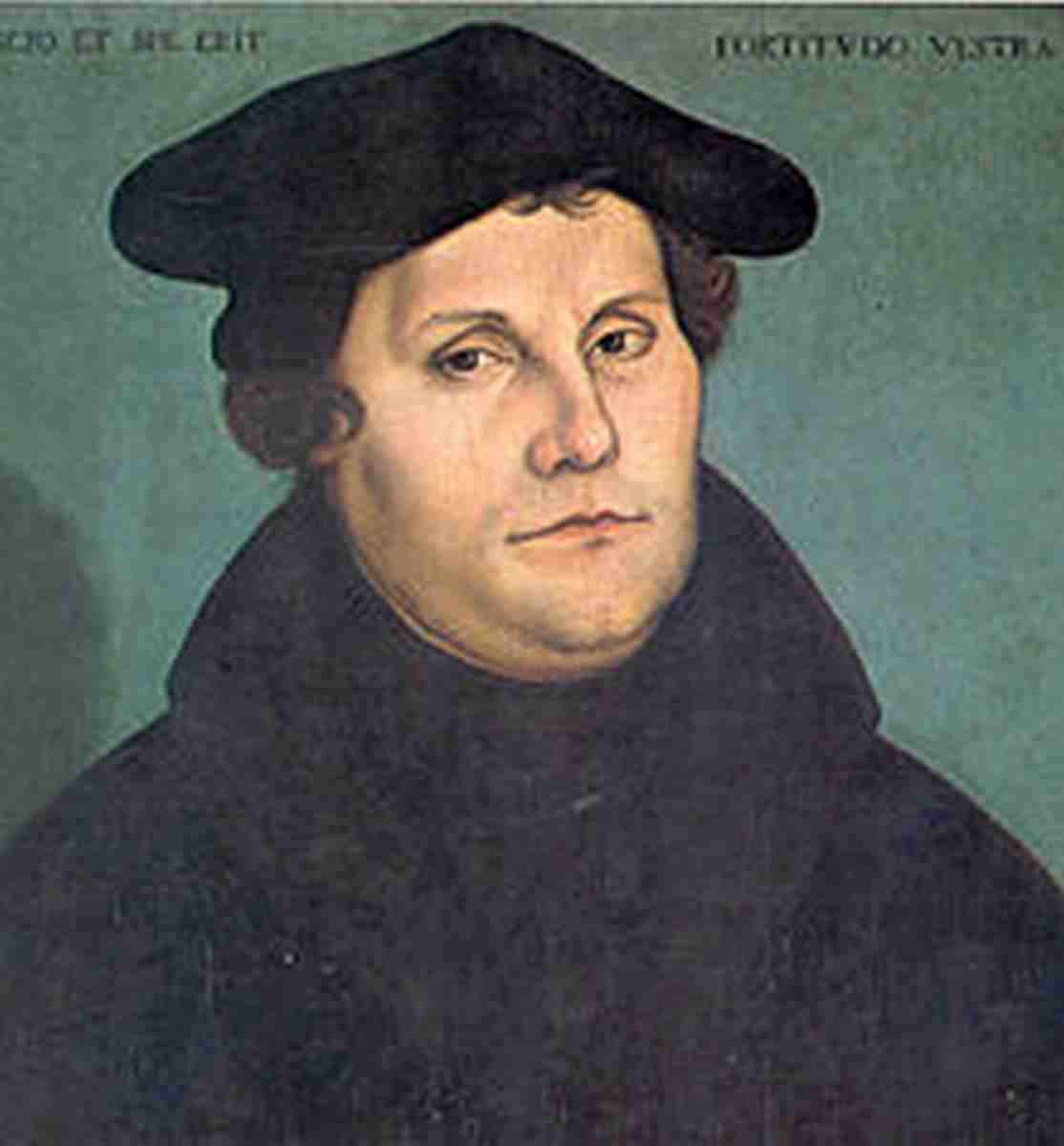While visiting my former home (Texas in the USA) in February 2011, I had a plan. I was going to purchase a lot of books and bring them back with me to Korea. I entered four Half-Price Books stores in Austin and Dallas, and after careful consideration chose nearly 40 tomes. Nonfiction—on various historical topics—heavily predominated. I have been reading them at a steady rate ever since returning to Seoul. In the process, my life has been greatly enriched especially after I adopted the practice of Googling names and issues I come across in such books. This slows me down a bit, but speed is not the point. Learning is.
I recently finished Martin Luther / The Christian Between God and Death by Richard Marius. Weighing in at a hefty 487 pages, it was published in 1999 by Harvard University Press. I knew about Luther since I was raised as a Presbyterian, firmly in the Protestant tradition. It will not be long until we are celebrating the 500-year anniversary of the act for which Luther is most famous: nailing his Ninety-Five Theses on the door of the Castle Church in Wittenberg, Germany in 1517. I was surprised if not disappointed to learn that it was not quite so dramatic. Nothing was nailed to any door. He wrote the theses and mailed them to the archbishop of Mainz, and they were later published. They pertained mostly to practices in the Catholic church such as baptism and absolution, along with his thoughts on religious relics and the propriety of buying indulgences ("As soon as the coin in the coffer rings, the soul from purgatory springs"). That was what most infuriated Luther, a professor of theology at the University of Wittenberg.
When Pope Leo X ordered him to recant, he not only refused but began arguing against papal infallibility. Luther was excommunicated and was fortunate to avoid the fate of John Hus 100 years earlier—burning at the stake. After vigorously and eloquently defending himself at the Diet of Worms in 1521, he began the Protestant Reformation. I thought, even before reading Marius’ book, that such wholesale changes in the church were inevitable. Sixteenth-century Rome was a cesspool of corruption, vice and every kind of scandalous behavior, and Luther, a purist when it came to scripture and theology, found that intolerable. He asked—fairly, in my opinion—whether the life, death and resurrection of Jesus Christ did not merit something finer.
I am reminded of the time I attended a class at Concordia Lutheran College in Austin almost 30 years ago. I was fairly amused when some of the young men in the classroom began singing the following lines: “We like Martin Luther / Good old Martin Luther / We think the Reformation’s grand / He set the church on fire when he called the pope a liar….”
This was certainly not an easy book to read, with a whole lot of theological stuff that just went over my head. The previous owner had read and underlined through the first 16 pages before giving up. As mentioned above, I enhanced the educational process by turning often to my computer. Here are a sampling of names, events and issues about which I learned more: Thomas More, Lorenzo Valla, Erasmus of Rotterdam, Lucian, Savonarola, St. Martin, Johann Tetzel, Montsegur, Johannes Staupitz, Frederick the Wise, Epicurus, Junker Hans, Pietro Pomponazzi, Marcus Aurelius, the Augsburg Confession, King Zedekiah, Abishag, St. Jerome, Sons of Kore, John Wesley, the Babylonian captivity, Freedom of a Christian, Charles V, Mercurino Gattinara, Girolamo Aleandro, Johannes Cochlaeus, Patmos, James Latomus, the German Peasants' War, Andreas Karlstadt, Henry Denifle, the Council of Trent, Heinrich Vos, Johan van den Eschen, Thomas Muntzer and Wat Tyler.
Luther, who laid Jesus' death directly on the Jews, was dismayed that they did not see the light and convert. Frustrated and embittered in his later years, he wrote numerous tracts and preached from the pulpit about their recalcitrance. He also had a vision of a greater Germany. It is an unfortunate fact that Adolf Hitler and several of his top men used Luther's words as justification of sorts for the deluge of suffering they caused from 1933 to 1945.
I also looked up the author and learned about his life. It seems Marius died shortly after this book was published. Too bad, because I was going to write to him and have at least a brief correspondence. I would have offered a few sincere words of flattery and then proceeded to state that I disagree with some of his conclusions. For one thing, the guy was an atheist and that was sure to influence what he wrote to some extent. He also tended to blame Luther for most of the religious wars that wracked Europe in the 17th century. And on a more mundane level, I found too many typos. As a longtime proofreader and editor, I just cannot understand how such a prestigious academic publishing house as Harvard University Press could allow that.


Add Comment